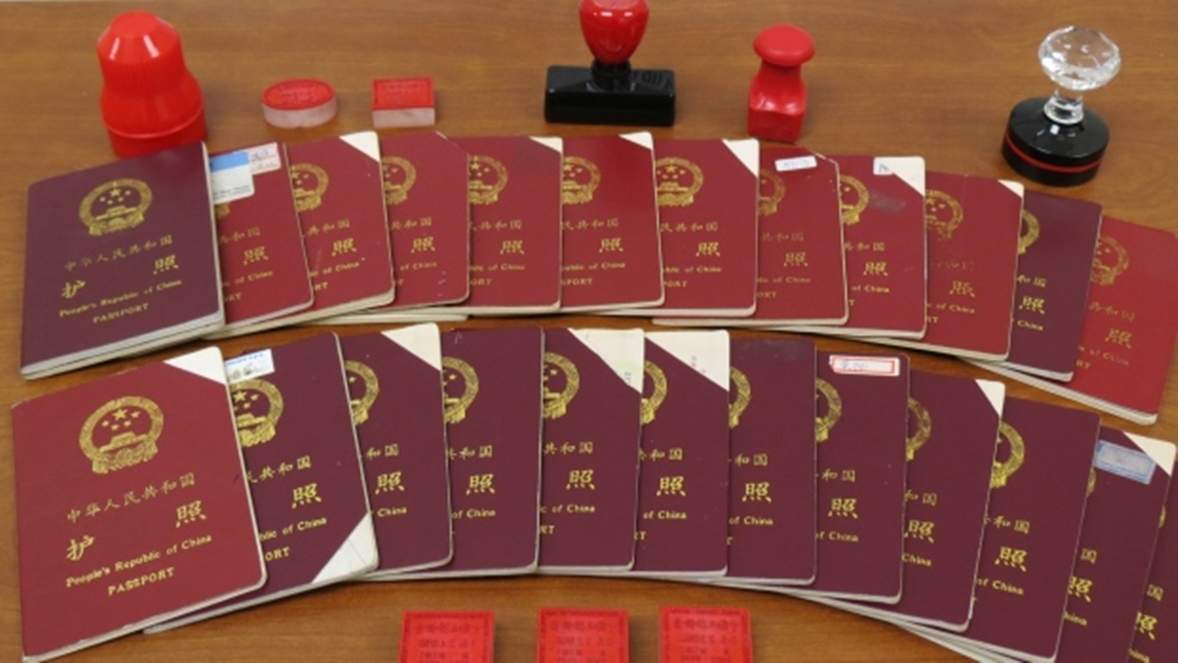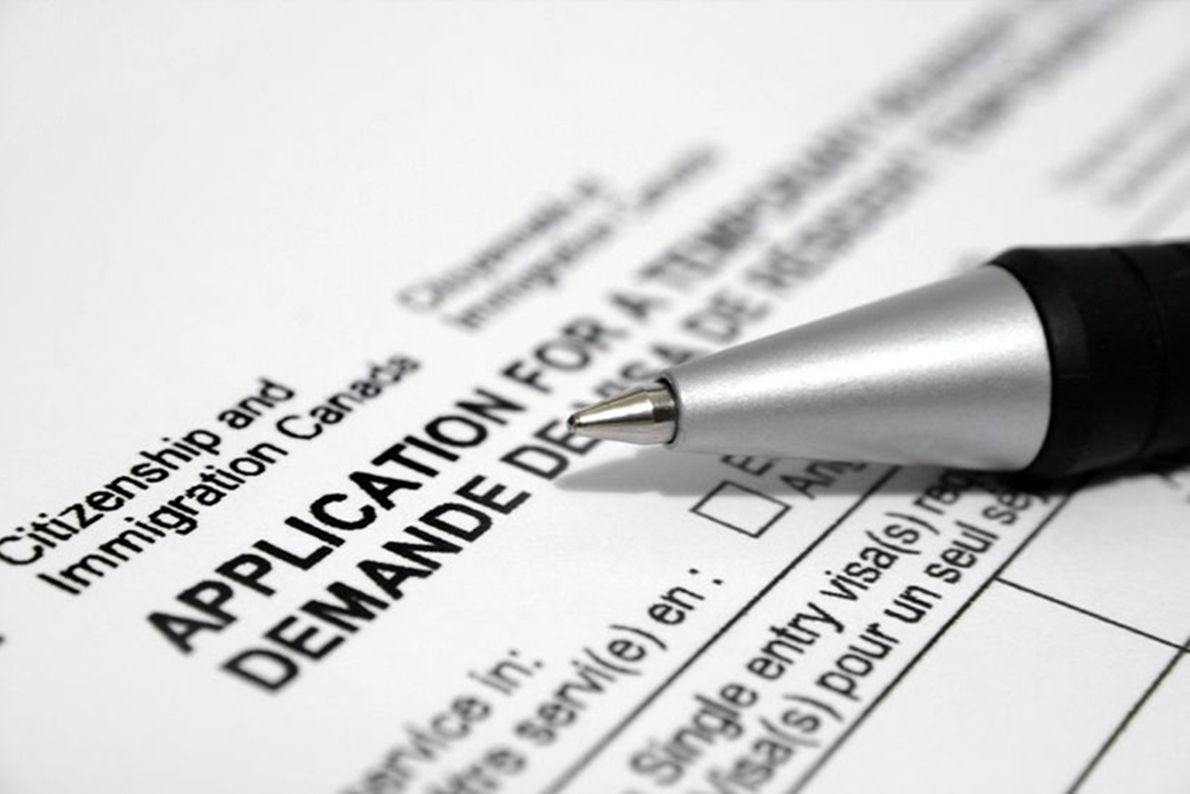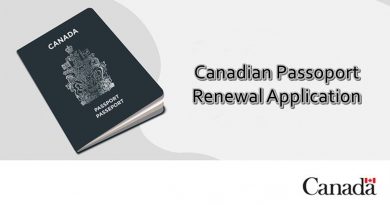Current processing times and urgent cases
Current processing times are updated regularly on our website. We will only process urgent cases under specific circumstances.
Need help?
If you need help, you can find answers to your questions by visiting the Help Centre.
Appendix A: Residency obligation
Minimum residency obligations
You must meet the residency obligation to get a PR Card.
If you have been a permanent resident for five (5) years or more
- you must have been physically present in Canada for a minimum of 730 days within the past five (5) years.
Travel journal
Record your trips outside Canada. It will help you fill out your application.
If you have been a permanent resident for less than five (5) years
- you must show that you will be able to meet the minimum of 730 days of physical presence in Canada within five (5) years of the date you became a permanent resident.
Time spent outside of Canada
Notice for persons under 22 years of age:
Residency requirements to keep Permanent Resident status for PR Card and Permanent Resident Travel Document applications:
On October 24, 2017, IRCC’s definition of “child” changed, from under 19 years of age to under 22 years of age.
- The time an applicant, aged 22 and over, spent accompanying a parent abroad before October 24, 2017, will be assessed under the previous definition of “child.”
- The time an applicant, aged 22 and over, spent accompanying a parent abroad on or after October 24, 2017, will be assessed under the new definition of “child.”
Situation 1. Accompanying a Canadian citizen outside Canada
You may count each day you accompanied a Canadian citizen outside Canada as long as this person is your spouse, common-law partner or parent (if you were a child under 19 years of age before October 24, 2017 or under 22 years of age after October 24, 2017).
Proof needed
You must provide supporting documents to prove that:
- The person you are accompanying is a Canadian citizen; and
- You are the spouse, common-law partner or child of that person.
Supporting documents may include:
- Mandatory:
- all passports or other travel documents that the person you are accompanying used in the five (5) years before the application;
- documents showing the citizenship of the person you are accompanying, including the date the person became a Canadian citizen;
- proof of the residential addresses of the person you are accompanying for the five (5) years before the application;
- marriage licence or proof of common-law partnership (if you are accompanying a spouse or common-law partner);
- child’s birth certificate, baptismal document, or adoption or legal guardianship document (if you are accompanying a parent);
- You may also include:
- Canadian Income Tax Notice of Assessment (NOA) for the past two (2) years
- school or employment records;
- association or club memberships;
- any other documents you want us to consider.
Situation 2. Employment outside Canada
You may count each day you worked outside Canada if:
- you are an employee of, or under contract to, a Canadian business or the public service of Canada or of a province or territory and
- as a term of your job or contract, you are assigned on a full-time basis to:
- a position outside Canada
- an affiliated enterprise outside Canada or
- a client of the Canadian business or the public service outside Canada; and
- you will continue working for the employer in Canada after the assignment.
For this application, a Canadian business is defined as:
- a corporation that is incorporated under the laws of Canada or of a province and that has an ongoing operation in Canada
- an enterprise that has:
- an ongoing operation in Canada
- is capable of generating revenue
- is carried out in anticipation of profit
- in which a majority of voting or ownership interests is held by Canadian citizens, permanent residents, or Canadian businesses as defined above or
- an organization or enterprise created by the laws of Canada or a province
Supporting documents:
You must provide a letter signed by an official of the business stating:
- the position and title of the signing official
- the nature of the business and how it fits the description of a Canadian business (see definition above)
- details of your assignment or contract outside Canada such as:
- length of the assignment,
- confirmation that you are a full-time employee of the “Canadian business” working abroad on a full-time basis as a term of your employment, or that you are on contract working abroad on a full-time basis as a term of your contract; and
- a description or copy of the position profile regarding the assignment or contract abroad, and
- confirmation that the business was not created primarily to let you meet your residency obligation
You may also include:
- articles of incorporation and business licences
- partnership agreements or corporate annual reports
- corporate Canadian Income Tax Notices of Assessment or financial statements
- copies of the Employee Assignment Agreement or Contract
- copies of any agreements between the Canadian business and the business or client outside Canada concerning your assignment to that client or business
- Pay Statements
- Canadian Income Tax Notice of Assessment (NOA)
- T4 slips
- Any other proof you want us to consider





